Eastern Question:
The history of the Ottoman Empire between 1815 and 1914 is the history of its dissolution. The Ottoman Empire was at its zenith in the 17th century and with the end of the century began its dismemberment. In the 18th century, Russia and Austria brought large portions of this empire under their control.
The chief question in the 19th century was who will take the place of a sick and broken Turkish empire? Most of the rulers of the Turkish empire proved incapable and the relation of exploiter and exploited arose between the Turks and their Christian subjects. Behind the shrinkage of the Turkish empire ethnic and religious causes were the most prominent. Besides them, the spirit of nationalism was also a predominant cause of its dissolution. In the Turkish empire, there were a number of nationalists who had determined to get complete freedom for themselves. The problem of filling the vacuum caused by the slowly degenerating Turkish empire is called the Eastern Question. Conflicting interests, conflicting people and conflicting opinions complicated the eastern question. This problem was a joint outcome of the gradual decline of Turkey, the expansionist attitude of Russia, Austria’s efforts to safeguard herself, England’s anxiety to secure her colonies from Russian expansion and changing clashes between Pan-Slavism and Pan-Germanism.
The Russian rulers followed the imperialist policy of dividing the Turkish empire and capturing as much part of it as possible. In the mid-nineteenth century, Czar Nicholas I told the British ambassador, ‘We have a sick man of Europe amongst us for whose death we must remain prepared. It is my duty to defend the Christian subjects of the Turkish empire. Therefore I will capture Constantinople and England can easily get Egypt and Crete’. But England followed the policy of keeping the Turkish empire intact so that the expansionist move of Russia could be thwarted and she might not be allowed to establish her influence on the Mediterranean sea also. Austria thought that if Russia succeeded in bringing Balkan states which had been under Turkey under her influence the Slavs in Austria would create a disturbance. Russia was instigating the Slavs in Balkan states against Turkey. There were commercial reasons also which made her take interest in Turkish problems. Most of the Austrian trade was carried on through the Danube. Russia also wanted to establish her influence on this route of strategic importance. As far as France is concerned, she participated in the Eastern Question keeping her commercial and religious interests in view. France was trying to safeguard the interest of the Roman Catholics living in the Turkish empire as well as to obtain several commercial concessions. All these causes internationalized the Turkish problem.
Nationalism rose and developed in the Balkan nations- Serbia, Rumania, Albania, Bulgaria and Greece between 1815 and 1875. The Crimean war was fought on this question in 1845-56. Half-hearted reforms introduced in Turkey failed. There were a number of revolts in the Balkan region of the Turkish empire between 1875 and 1914. Berlin Congress was convened (1878) to decide the fate of Turkey but instead of resolving this problem, it made it more complicated. The discontented Balkan states continued to struggle to change the decisions taken in this congress.
The possibility of regeneration in Turkey as a result of the Young Turks movement caused fear in the European states less Turkey should recapture all the territories on which her influence had either dwindled or finished. To avert this fear Austria took the first step (October 6, 1908) by annexing Bosnia and Herzegovina to her empire, whereas the Berlin Congress had given her only administrative right on them. This action of Austria enraged Serbia because she herself was planning to annex them. In 1912-13 the Eastern Question became very explosive. The Greeks, the Serbs and the Bulgarians etc. did not forget the heinous murders committed by the Young Turks in Macedonia, and Armenia etc. To save themselves from annihilation, the Balkan nations obliterated their difference and formed the Balkan League. In 1912 the members of the League- Montenegro, Serbia, Bulgaria and Greece- declared war against Turkey. The first and the second Balkan wars drastically changed the map of the Balkan Peninsula. Turkish empire in Europe came to its near end. All the European states began to expand their arsenals and threatened peace in Europe. These Balkan wars prepared ground for the European great war which burst out in 1914.
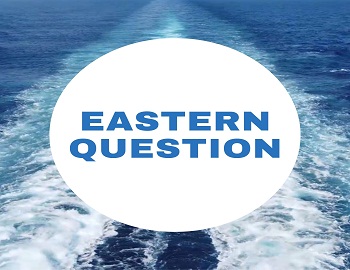
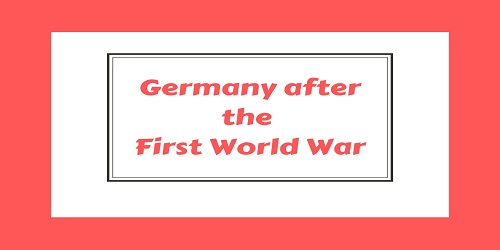

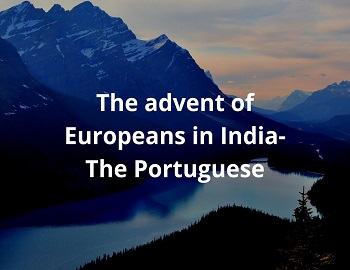

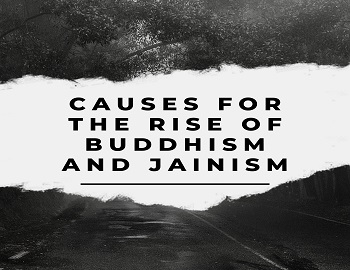


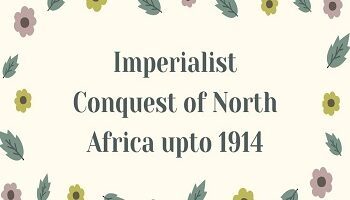
Comments (No)